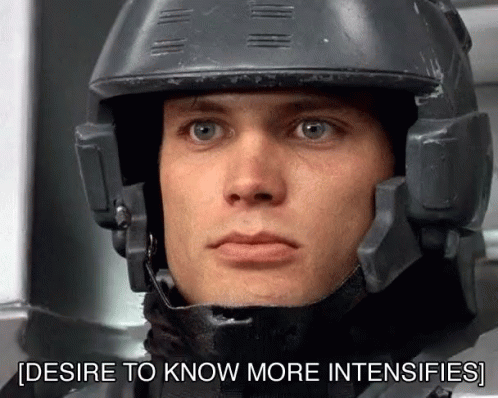Yes, I understand. It is really really gray and complicated here. I’m very conflicted here - on one hand, murder is always a death of a human being who could improve and also has good sides, see my parent comment. On the other hand, exactly as you write sometimes the death of a person means that others will survive.
My point is that no person deserves to die BECAUSE OF WHO THEY ARE - that’s exactly what the Nazis did. But I absolutely understand the ethical argument that people deserve to die for WHAT THEY DO. If you cannot stop a greedy CEO otherwise (because the judicial system is maybe a little tiny bit biased towards the rich), there really isn’t another choice for fulfilling your rights. And I can honestly respect your argument that in this case, murder may be an overall good thing. I don’t know where the line for me is, to be honest - but I acknowledge that is has to exist somewhere.
I hope you understand though why from my perspective the dragon metaphor is a bit too simple, because as our thread shows the topic isn’t easy at all :/





That is a very good point - thank you for bringing it up. You are right.
I hope this death was enough for the rich people to realize that they need to change, and that no more people will die. I presume that’s something we can agree upon.